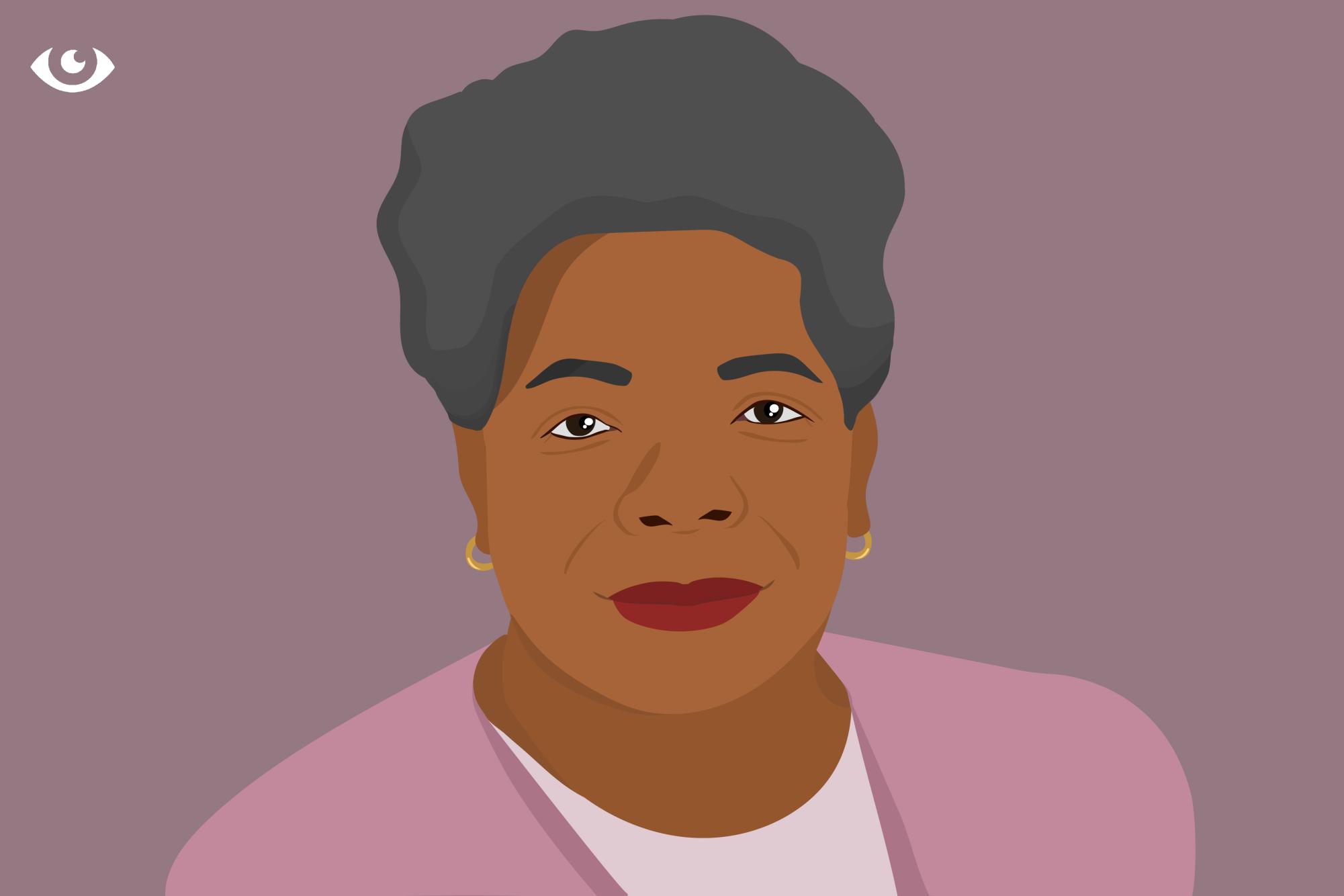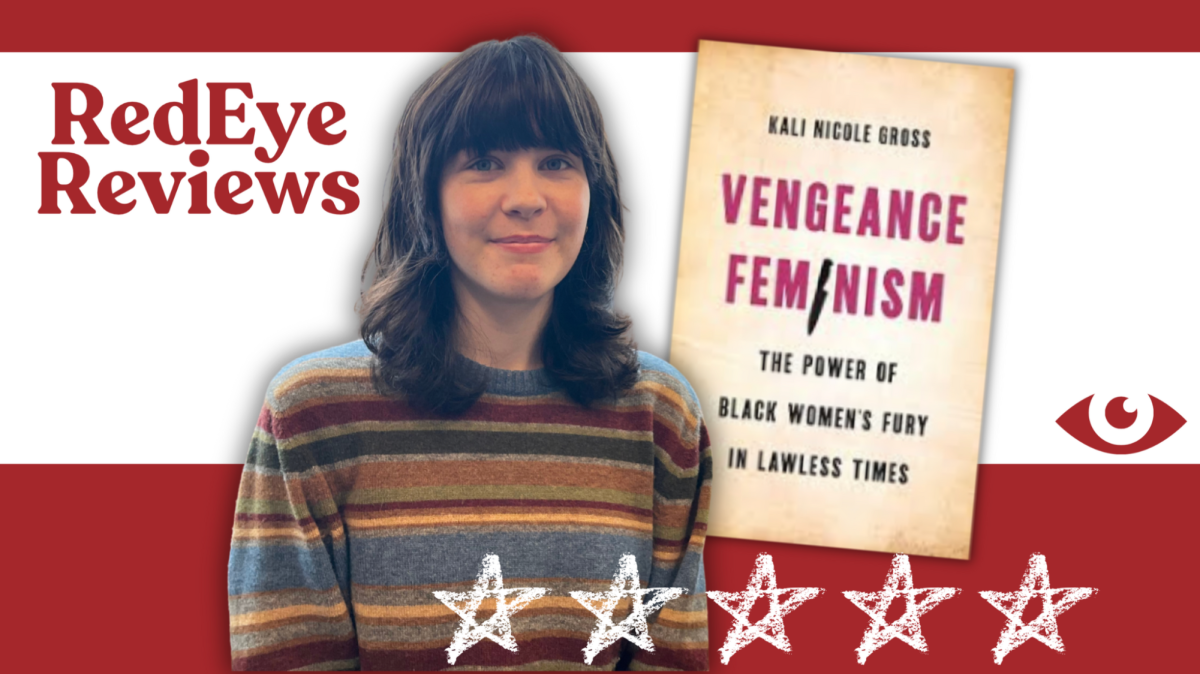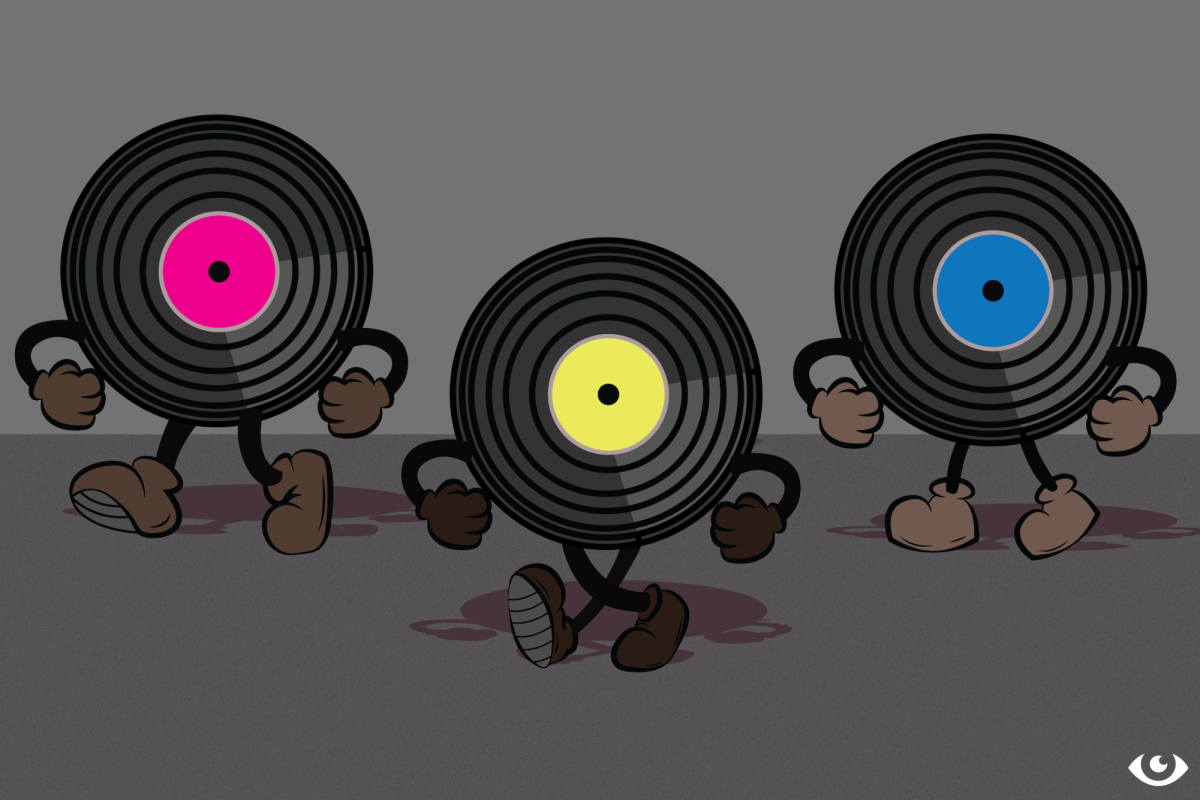When Maya Angelou published her first autobiography, I Know Why the Caged Bird Sings, in 1969, she didn’t know that it would go on to become a modern classic. Taught in high schools across the country and selling thousands of copies a year, this book highlights the early life of one of America’s most famous Black poets. Angelou paved the way for future Black writers and activists.
Early Life
Born in 1928 in St. Louis, Missouri, Angelou – born Marguerite Ann Johnson – had a difficult childhood. Her parents divorced when Angelou was a toddler, and she and her brother were sent to Arkansas to live with their grandmother. When Angelou was seven years old, she and her brother returned to St. Louis to live with their mother. While living there, she was sexually assaulted by her mother’s boyfriend, Mr. Freeman. He was arrested after Angelou named him as her attacker. Mr. Freeman was convicted, but released from prison after a day. Mr. Freeman was found dead later that day.
“I thought my voice had actually killed him, and so I stopped talking. It seemed to me it was very dangerous. That if my voice could kill people like that, then if I spoke, anybody might just get downed,” Angelou said in a 1994 interview with Face to Face regarding her reaction to Freeman’s death.
Angelou spent six years in a self enforced vow of silence, choosing to speak only to her brother. She had always loved writing, but during this time she discovered poetry. At the age of ten, she became interested in the works of William Shakespeare. In her interview with Face to Face, Angelou quotes Shakespeare’s Sonnet 29, discussing how as a child she related to the poem’s themes of being an outcast and envying those who were better off.
Growing up in 1930’s Arkansas, Angelou faced racism in her everyday life. Jim Crow laws that enforced segregation were still in place. The Ku Klux Klan terrorized the Black community of Angelou’s town.
“In my town, they didn’t wear sheets. They didn’t have to. They had such power that they could ride over into the Black area, threaten, kill and maim people just because they didn’t agree with God’s choice for the colors of the people’s skin,” Angelou said.
It was this turbulent childhood that served as the focus for Angelou’s book, I Know Why the Caged Bird Sings. Though it is one of the most commonly banned books in America, it serves as an important reminder for the youth of today to never let someone take your voice.
The Pioneer
When Angelou was a teenager, she and her brother moved to California to resume living with their mother. When World War II broke out, Angelou attempted to enlist. She was rejected, but resolved to find a job. In San Francisco, she applied to become a streetcar driver. The company repeatedly refused to allow her to apply due to her status as a Black woman. Angelou persisted, requesting an application everyday for three weeks. Eventually, the company allowed her to apply, and Angelou became the first Black woman to drive a streetcar in San Francisco.
Angelou’s writing career truly began with the publishing of I Know Why the Caged Bird Sings, but it isn’t her only notable work. In 1978, Angelou released the poem “Still I Rise,” where she tells readers that she refuses to let discrimination erode her confidence.
Angelou wasn’t only a writer. She was an activist as well, fighting for causes such as civil rights, women’s rights and the eradication of poverty throughout her life. Angelou worked closely with famous Civil Rights Movement activists, such as Dr. Martin Luther King, in the 1960s. Dr. King made her the Northern Coordinator of the Southern Christian Leadership Conference. In 1983, Angelou marched with feminist Gloria Steinem during the Women’s March on Washington.
She made history as the first Black woman to read a poem at a presidential inauguration when she read her poem “On the Pulse of Morning” at President Bill Clinton’s 1993 inauguration. Clinton later awarded her with the National Medal of Arts, and President Barack Obama awarded her with the Presidential Medal of Freedom. Upon the passing of Nelson Mandela, a civil rights activist and former president of South Africa, Angelou was commissioned by the US State Department to write a poem honoring him.
“The truth is, no one of us can be free until everybody is free, and everyone of us needs to say to our children, ‘Children, this is your world. Come out. Stand out. Earn it,’” Angelou said in a 2013 interview with CNN.
Angelou left a legacy of hope and inspiration. She demonstrated courage throughout her life, from speaking up about assault to fighting for civil rights and social justice. Her autobiographies provide insight into the experiences of Black women during segregation and the Civil Rights Movement. Angelou’s work shares the beauty of diversity through her experiences and her poems.
“Courage, Oprah, is the most important of all the virtues, because without courage, you cannot practice any other virtue consistently,” Angelou said in a 2013 interview with Oprah Winfrey.








